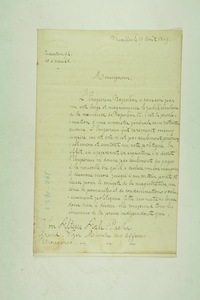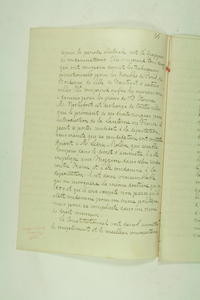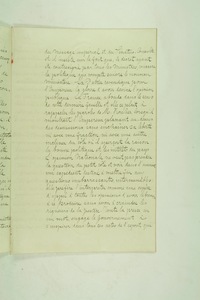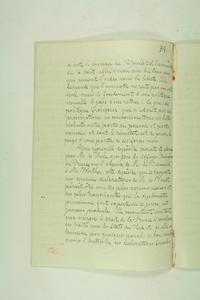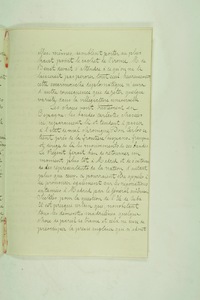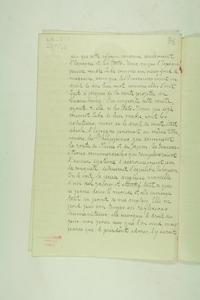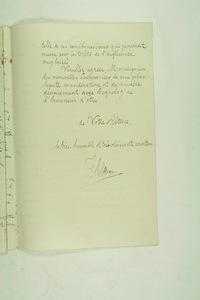Ottoman Diplomats
Letters from the Imperial Legation in Brussels (1849–1914)
Synopsis
On the occasion of the centenary of Napoleon’s birth, Emperor Napoleon III proclaimed complete and unrestricted amnesty (for example for the sentenced press). According to Glavany, it was not only a generous act, but also and above all a political move. The French public opinion saw this as an appeal to all opinions in society to be expressed freely. The French press urged the government to be inspired by this amnesty, in order to find support by those who wanted order in liberty. The press demanded that the amnesty would not be an isolated act, but form the foundation of a new policy. Glavany also informs Aali Pacha about a harsh report from diplomat Hermann von Thile, who took care of Foreign Affairs in the absence of Bismarck. Yet it did not seem to have been alarming report in Glavany’s opinion. About Spain, he reports that the Carlist gangs who were defeated reappeared elsewhere. Then there was still the Cuban dispute, about which the English press wrote that it did not only concern Spain and the United States. According to them, Spain did not have the right to sell Cuba without consulting the Great Powers first. Furthermore, Spain might as well sell the Philippines too. Glavany concludes that the English press seemed jealous and watched everything that happened in the world closely, to interpret it from the English point of view, not because they were interested in human rights, but because they were worried about the effects on the English influence.
Facsimiles
How to cite
If you use this website for your own research, we kindly ask you to mention the following reference in your publications:
Consulted online at Ottoman Diplomats: Letters From the Imperial Legation in Brussels (1849–1914) (2014 Edition), Centre for Political History (PoHis), University of Antwerp, <http://dighum.uantwerpen.be/ottomandiplomats/>.
